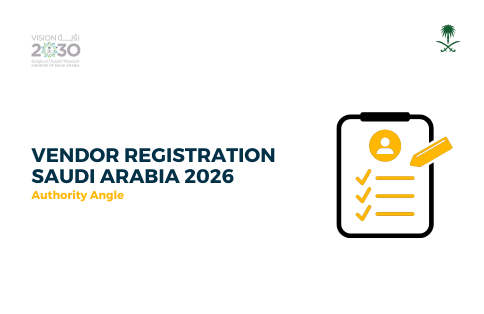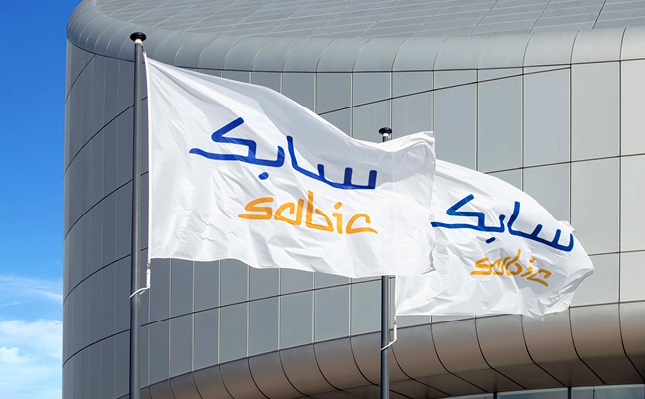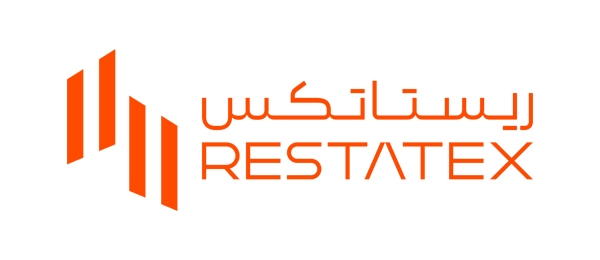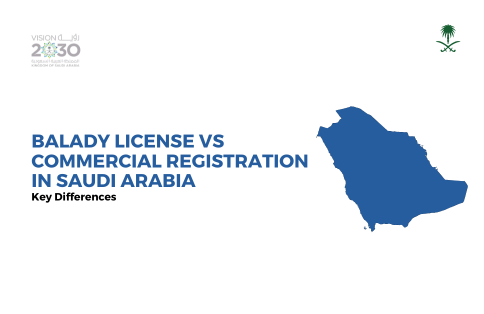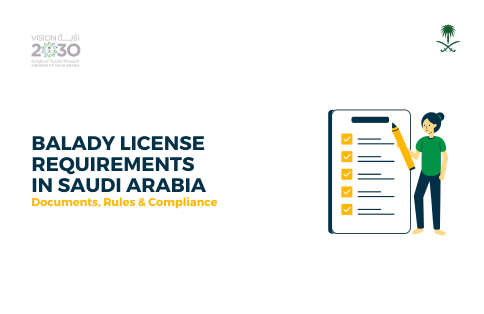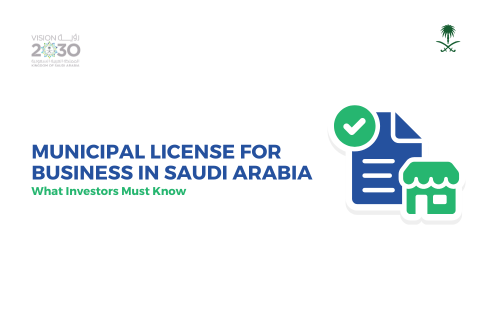Saudi Arabia is an attractive destination for foreign investors looking to establish a manufacturing business due to its strategic location, favorable investment policies, and thriving industrial sector. Starting a manufacturing business in Saudi Arabia involves several steps and compliance with regulatory requirements. This guide provides a detailed step-by-step process to help you navigate through the necessary procedures.
Steps to Start a Manufacturing Business
in Saudi Arabia
1. Market Research and Feasibility Study
Before starting any business, conducting thorough market research and a feasibility study is crucial. This will help you understand the demand for your products, identify potential competitors, and determine the viability of your business idea in the Saudi market.
- Market Analysis: Study the current market trends, consumer behavior, and potential demand for your product.
- Competitor Analysis: Identify your competitors and analyze their strengths, weaknesses, and market positioning.
- Financial Projections: Estimate the initial investment required, operational costs, and potential revenue to assess profitability.
2. Choose the Right Business Structure
Saudi Arabia offers various business structures for foreign investors. The most common options are Limited Liability Company (LLC), Branch Office, and Joint Venture. Each structure has its advantages and legal implications.
- Limited Liability Company (LLC): Most popular due to limited liability protection and flexibility in management.
- Branch Office: Suitable for companies looking to expand their existing business without forming a separate legal entity.
- Joint Venture: A partnership with a local entity can provide better market access and local expertise.
3. Obtain Necessary Licenses and Permits
To operate a manufacturing business in Saudi Arabia, you must obtain the required licenses and permits from various government authorities.
- Investment License: Apply for an investment license from the Saudi Arabian General Investment Authority (SAGIA).
- Commercial Registration (CR): Register your company with the Ministry of Commerce and Investment (MCI).
- Industrial License: Obtain an industrial license from the Ministry of Energy, Industry, and Mineral Resources.
- Environmental Permit: Ensure compliance with environmental regulations by obtaining the necessary permits from the Saudi Environmental Authority.
4. Register for Taxes
All businesses in Saudi Arabia are required to register for taxes with the General Authority of Zakat and Tax (GAZT).
- Value Added Tax (VAT): Register for VAT if your annual turnover exceeds the threshold.
- Zakat: A religious tax applicable to Saudi and GCC nationals, calculated based on the company’s revenue.
5. Secure a Suitable Location
Choosing the right location for your manufacturing facility is critical. Consider factors such as proximity to suppliers, accessibility to transportation networks, and availability of labor.
- Industrial Zones: Saudi Arabia has designated industrial zones with infrastructure and facilities to support manufacturing activities.
- Leasing or Purchasing Land: Depending on your business plan, you can lease or purchase land for your facility. Ensure compliance with local zoning regulations.
6. Hire and Train Employees
Recruiting skilled labor is essential for the success of your manufacturing business. Saudi Arabia has a mix of local and expatriate workforce.
- Saudization Policy: Comply with the Nitaqat program, which mandates hiring a certain percentage of Saudi nationals.
- Work Visas and Permits: Obtain work visas and permits for expatriate employees through the Ministry of Labor and Social Development.
7. Import Equipment and Raw Materials
If your manufacturing process requires specialized equipment or raw materials, you may need to import them.
- Customs Regulations: Familiarize yourself with Saudi customs regulations and duties.
- Import Licenses: Obtain the necessary import licenses and ensure compliance with standards set by the Saudi Standards, Metrology, and Quality Organization (SASO).
8. Set Up Utilities and Infrastructure
Ensure that your manufacturing facility has access to essential utilities such as water, electricity, and telecommunications.
- Utility Connections: Apply for utility connections with the respective authorities.
- Infrastructure Development: Set up the necessary infrastructure, including machinery installation, safety systems, and production lines.
9. Compliance with Health and Safety Regulations
Maintaining a safe working environment is crucial. Adhere to health and safety regulations set by the Saudi Ministry of Health and other relevant authorities.
- Occupational Safety: Implement safety measures to protect employees and prevent workplace accidents.
- Health Standards: Ensure compliance with health standards to avoid penalties and legal issues.
10. Launch and Market Your Business
Once all the legal and operational requirements are met, you can officially launch your manufacturing business.
- Marketing Strategy: Develop a marketing strategy to promote your products in the Saudi market.
- Networking: Build relationships with local distributors, suppliers, and industry associations to enhance your market presence.
About J K Management Consultancies
At J K Management Consultancies, we specialize in helping foreign companies navigate the complexities of starting a business in Saudi Arabia. With our expertise in business licensing and regulatory compliance, we ensure a smooth and hassle-free process for our clients. Our team of professionals provides end-to-end support, from market research and feasibility studies to obtaining necessary licenses and permits.
Frequently Asked Questions
All you need to know
The time required to complete the licensing process for a business in Saudi Arabia varies. It can take a maximum of 30 days, depending on factors like business type, documentation, and other processing. After application submission, there’s a review period, potential additional approvals, legal steps, and setting up the physical location. Staying updated with authorities and having complete documentation can help expedite the process.
Within a span of 7-15 days post the application submission.
The cost of setting up a business in Saudi Arabia is mainly dependent on several factors, like the type of business you plan to establish, industry to which the business belongs, location you plan to establish the business, and many other specific requirements.
An office address of your company or firm is required for registering your business.
Yes, the authorized signatory is physically required in order to open the bank account in Saudi Arabia.
Yes, the authorized signatory is physically required in order to open the bank account in Saudi Arabia.








